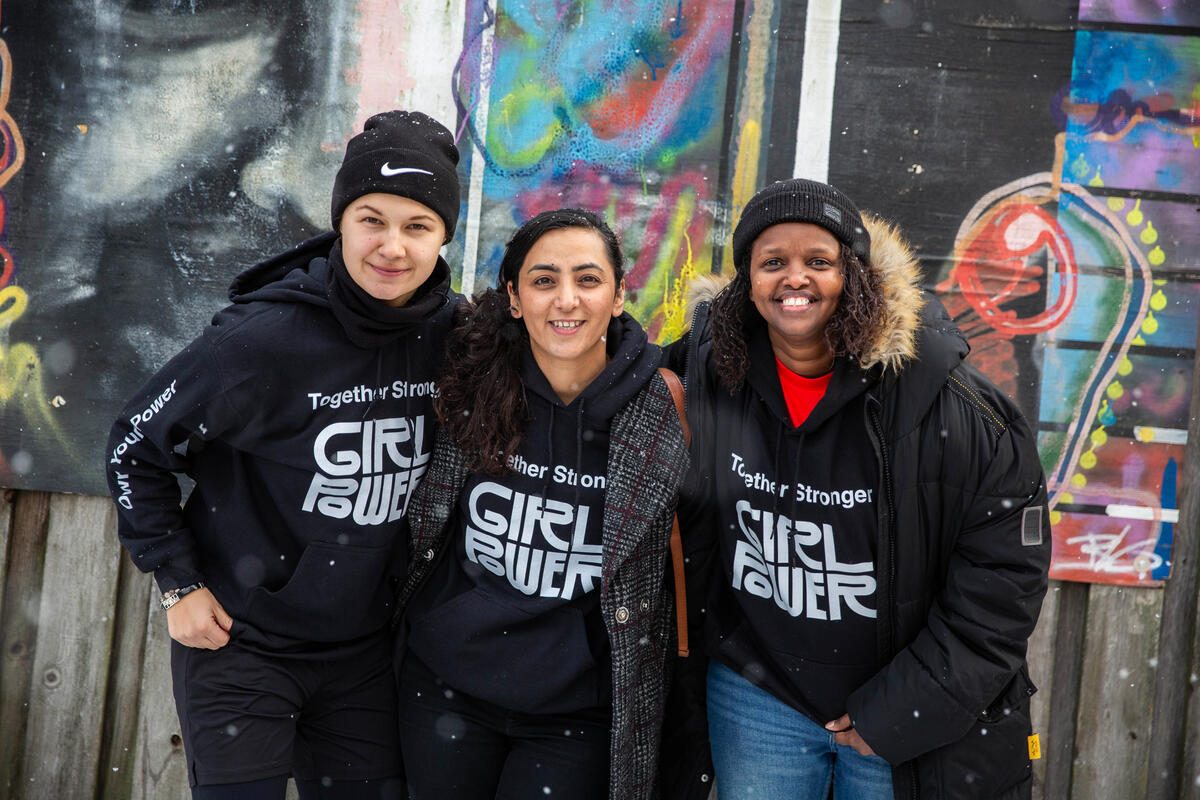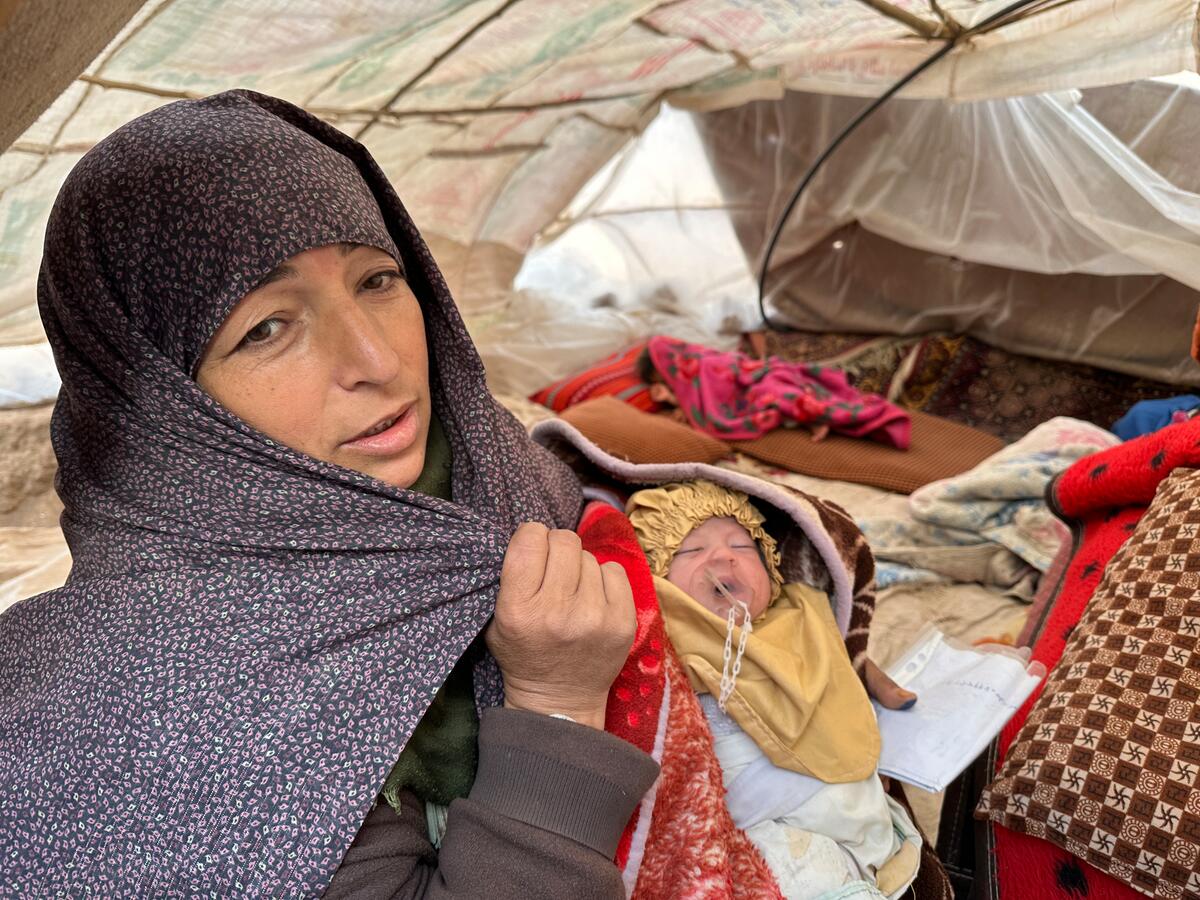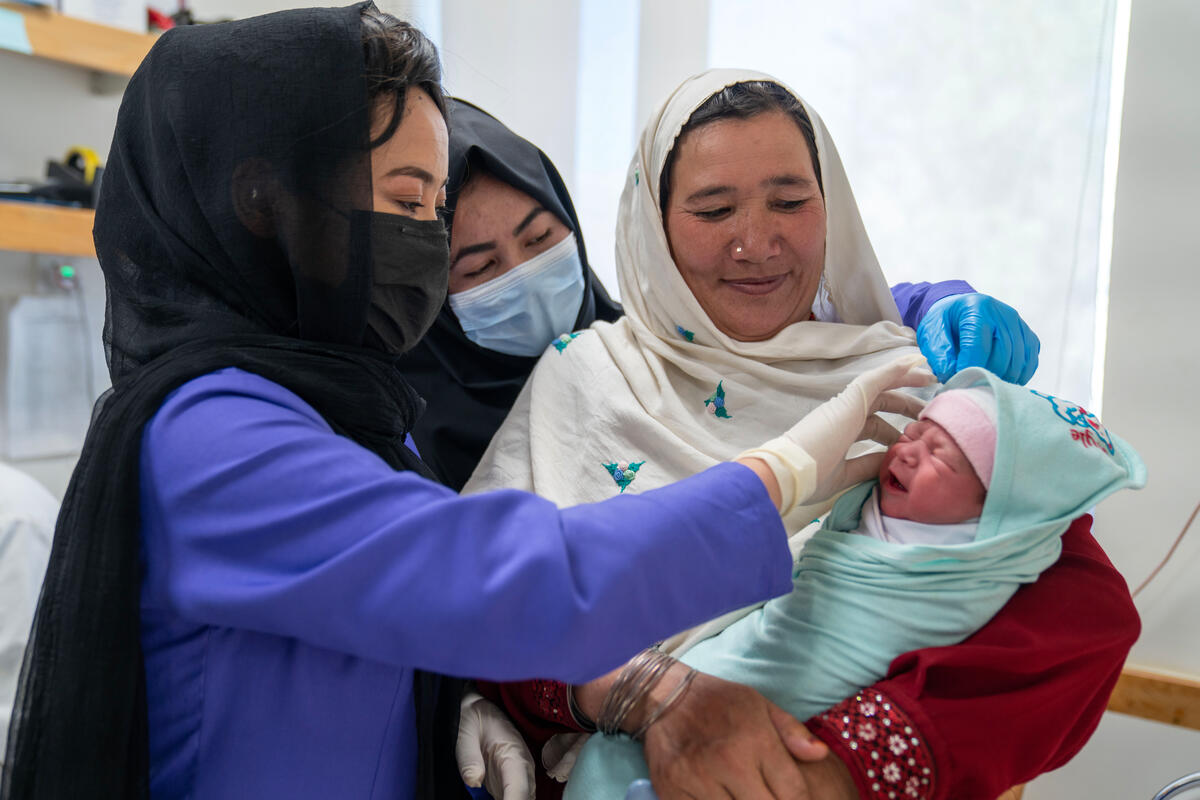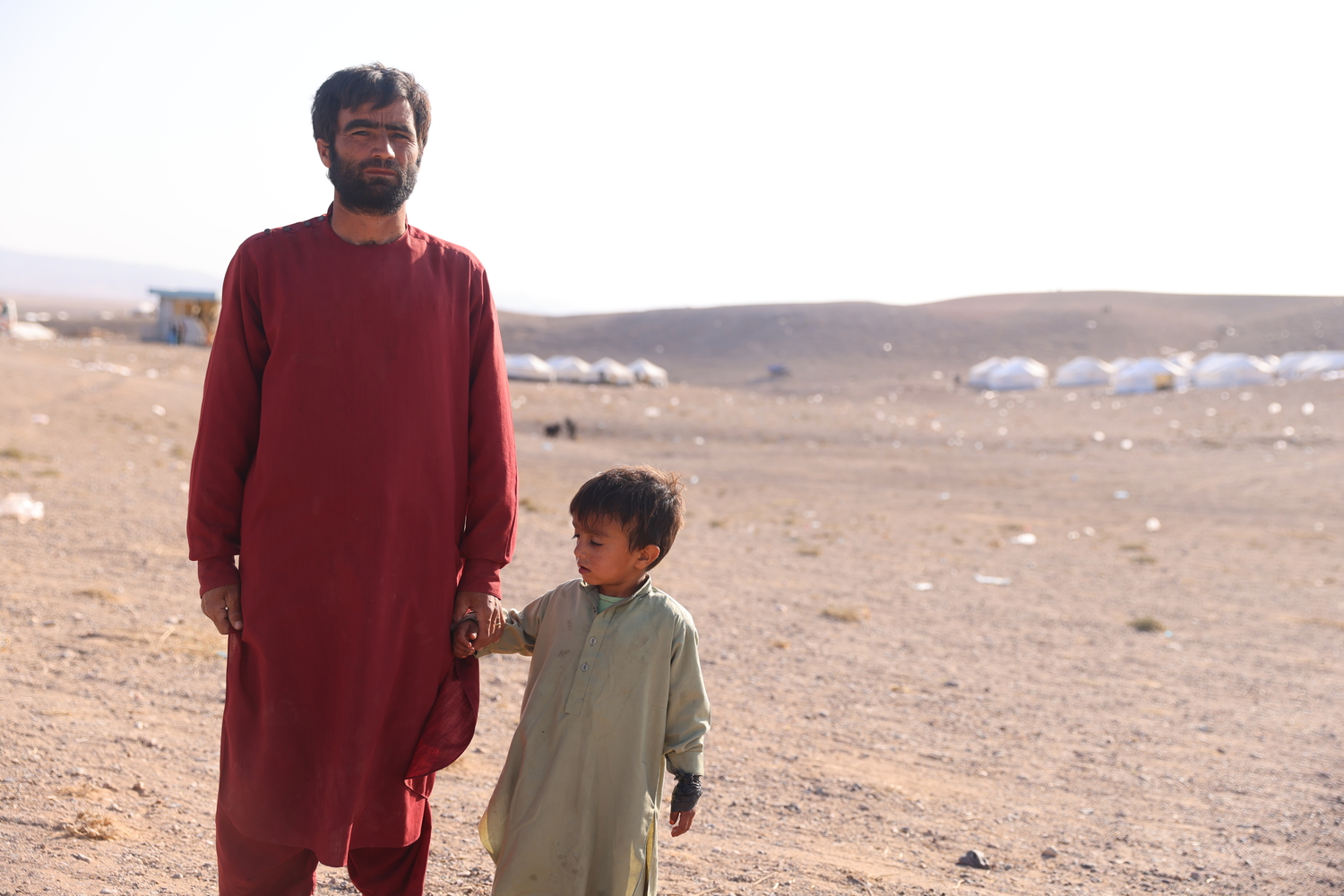Afghanistan: UNHCR encouraged by news out of Tokyo
Afghanistan: UNHCR encouraged by news out of Tokyo
We're encouraged by the news out of the Tokyo conference on reconstruction in Afghanistan and confident that the international community recognizes the crucial role that millions of returning refugees can play in rebuilding their homeland. High Commissioner Ruud Lubbers is attending the two-day conference.
UNHCR estimates that there are some 4 million Afghans living outside Afghanistan, along with some 1.3 million displaced internally. Since November, at least 100,000 refugees have returned from neighbouring Pakistan and Iran and thousands of internally displaced families are beginning to head home. But to really make a go of it, to make it sustainable, they and the millions who will follow are going to need substantial international assistance.
This year, UNHCR is preparing for a return and reintegration programme designed to help hundreds of thousands of returning refugees and internally displaced people. We'll be providing transport assistance, initial aid packages, shelter help and support for so-called quick-impact projects to help revive communities.
As part of our preparations, we officially moved our operational headquarters for Afghanistan back to Kabul over the weekend, ending a nearly 10-year exile in Islamabad, Pakistan. After the temporary withdrawal of international staff last September, our five regional offices - in Kabul, Mazar-i-Sharif, Herat, Kandahar and Jalalabad - have now all resumed operations as well.
In addition, we plan to expand our presence in Afghanistan this year, including 22 field offices in remote communities to help people returning to rural areas. But the volatile security situation continues to hamper humanitarian aid operations in many parts of the country. One of those field offices, Spin Boldak, just across the frontier from the Pakistani border town of Chaman, was reopened on Saturday. During our three-month absence, the Spin Boldak office was occupied by the Taliban and repeatedly looted. On Saturday, the local authorities sent workers to clean up the office and repair the shattered windows. In weekend meetings, the new district official in Spin Boldak pledged his support for humanitarian operations in the area. For its part, UNHCR explained that its focus is to help people to voluntarily return home, while helping to meet the immediate needs of the vulnerable, displaced families.
While we do not yet have a handle on the number of displaced people in the border region around Spin Boldak - last November there were some 60,000 displaced persons in several makeshift camps there. Many of them are Kuchis, Afghan nomads from north and central Afghanistan, who lost their livestock and belongings to drought and insecurity.
In Pakistan, meanwhile, we now have well over 130,000 Afghans in 15 new camps in the border belt, including the some 13,000 people who arrived at Chaman just across from Spin Boldak earlier this month. We're grateful for the support we've received from Pakistan, and for the security being provided to the new camps and relocation convoys.
From Iran, Afghans continue to move homewards, though the number of daily returns has declined to 600 to 700 persons over the last week, perhaps due to the cold spell and snow in the region. Most voluntary returns from Iran over recent weeks are single men, of whom at least two-thirds repatriate from Teheran.








